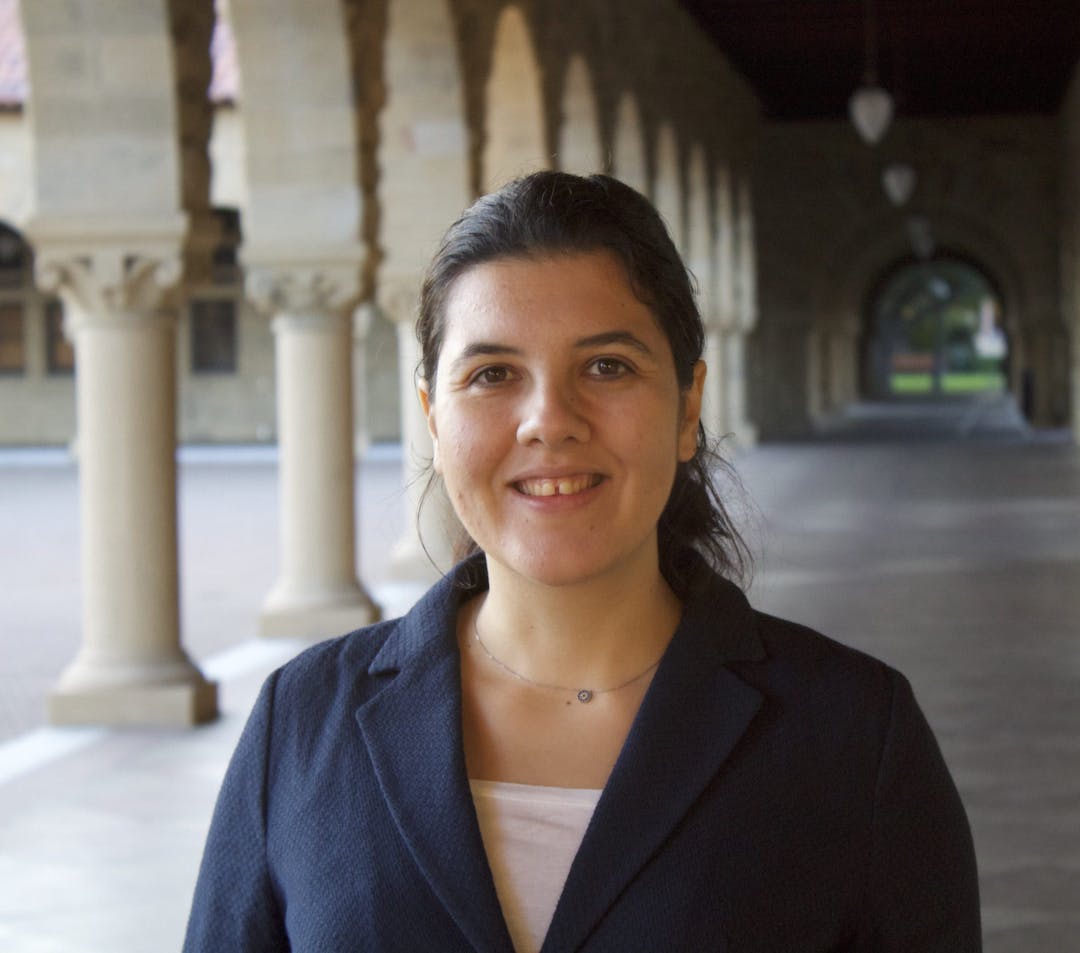Does Improving Financial Literacy Lead To Better Decisions?
We all make financial decisions in our everyday life, both big and small. But being familiar doesn’t necessarily make us experts on the topic. The fact of the matter is that managing your money and making sound financial decisions is difficult. Financial decision making is a complex beast and a full understanding of it might require much more than familiarity.
Examining financial literacy
Let’s begin with measuring your knowledge in one of the key areas of financial decision-making. Do you think the following statement is true or false: “Buying a single company stock usually provides a safer return than a stock mutual fund.”?
If you said single stock is riskier than mutual fund, you would be right. If you said you don’t know or single stock is safer than mutual fund, you are not alone. Only 52% of the respondents from a representative U.S. sample gave the correct answer to this question while 34% of them stated they do not know the answer.
This finding is not unique to the US. Although there is large variation in the percentage of participants who answered this question correctly across countries, the low percentage of correct answers is persistent. Only 14% of the Romanians, 39.5% of Japanese and 52% of Dutch answered this question correctly. The percentage of correct answers was 68% even for Swedes. This is low given that Sweden is considered as one of the most financial-savvy countries. The pattern we observe here is not unique to the risk related questions. Participants seem not to know about other financial topics such as interest rates and inflation either.
The conclusions drawn from these studies are (1) financial literacy, “the ability to use knowledge and skills to manage one’s financial resources effectively for lifetime financial security”, is low all around the world and (2) financial literacy needs to be improved in order to promote optimal financial decision-making.
References
Ambuehl, Sandro and Bernheim, B. Douglas and Ersoy, Fulya Y. and Harris, Donna, Social Transmission of Financial Decision Making Skills. A Case of the Blind Leading the Blind? (2017). Rotman School of Management Working Paper No. 2891753.
Ambuehl, Sandro and Bernheim, B. Douglas and Lusardi, Annamaria, The Effect of Financial Education on the Quality of Decision Making (2014). NBER Working Paper No. w20618.
Hastings, Justine S., Madrian, Brigitte C., and Skimmyhorn, William L., Financial Literacy, Financial Education, and Economic Outcomes (2013). Annual Review of Economics, 5, 347-373.
Lusardi, Annamaria and Mitchell, Olivia S., The Economic Importance of Financial Literacy: Theory and Evidence (2014). Journal of Economic Literature, 52(1), 5–44.
About the Author
Fulya Ersoy
Dr. Ersoy is an assistant professor in the Economics Department of Loyola Marymount University. She utilizes experimental and behavioral economics to better understand how students make decisions in educational settings.
About us
We are the leading applied research & innovation consultancy
Our insights are leveraged by the most ambitious organizations
“
I was blown away with their application and translation of behavioral science into practice. They took a very complex ecosystem and created a series of interventions using an innovative mix of the latest research and creative client co-creation. I was so impressed at the final product they created, which was hugely comprehensive despite the large scope of the client being of the world's most far-reaching and best known consumer brands. I'm excited to see what we can create together in the future.
Heather McKee
BEHAVIORAL SCIENTIST
GLOBAL COFFEEHOUSE CHAIN PROJECT
OUR CLIENT SUCCESS
$0M
Annual Revenue Increase
By launching a behavioral science practice at the core of the organization, we helped one of the largest insurers in North America realize $30M increase in annual revenue.
0%
Increase in Monthly Users
By redesigning North America's first national digital platform for mental health, we achieved a 52% lift in monthly users and an 83% improvement on clinical assessment.
0%
Reduction In Design Time
By designing a new process and getting buy-in from the C-Suite team, we helped one of the largest smartphone manufacturers in the world reduce software design time by 75%.
0%
Reduction in Client Drop-Off
By implementing targeted nudges based on proactive interventions, we reduced drop-off rates for 450,000 clients belonging to USA's oldest debt consolidation organizations by 46%




















